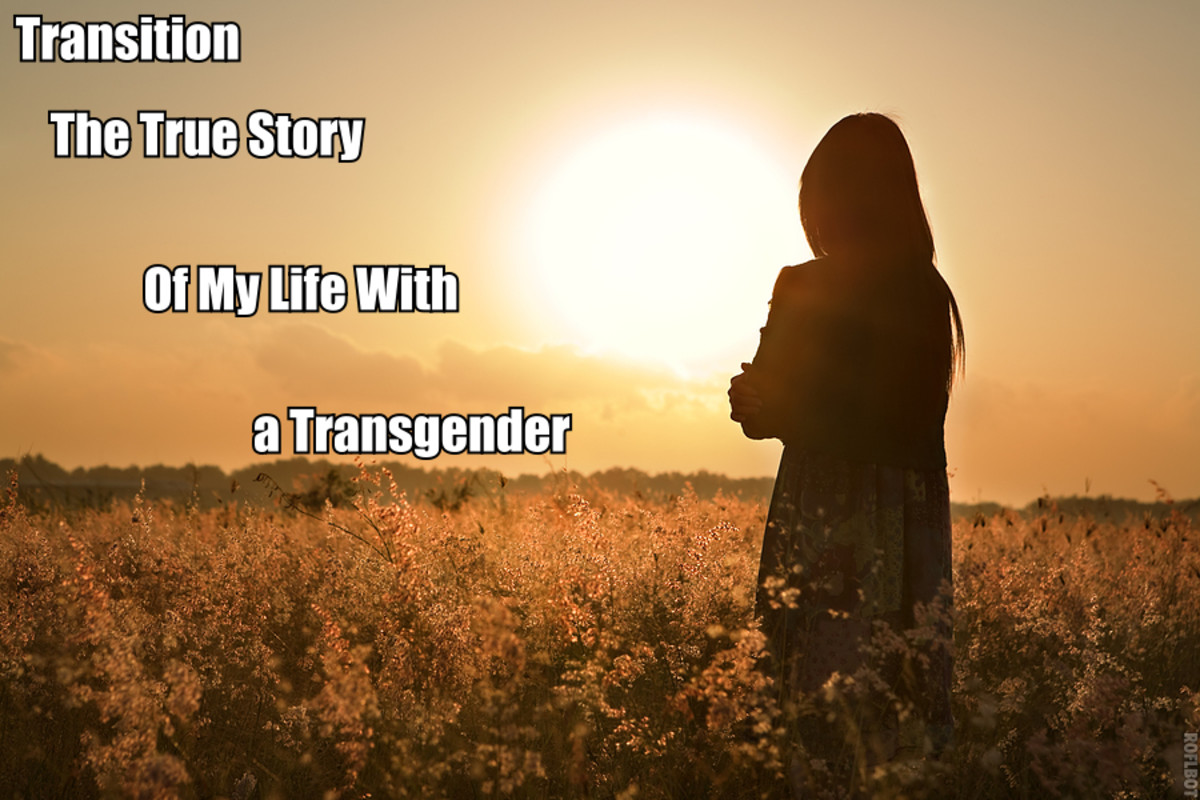Stability vs. Freedom
Settle Down or Seek Adventure?
Whenever we find ourselves planning the next vacation destination, I experience two competing impulses. A part of me wants to go back and see places that I have enjoyed visiting in the past, but my more adventurous side wants to go out and see something new. In recent years, largely for practical reasons, trips to familiar places have been more common. Traveling long distances with small children, after all, was not exactly my idea of a relaxing time. Shorter trips were also fine with me because there are so many nice places close to home here in Southern California. Before children, however, my voyages when both single and married could be a bit more adventurous: a summer in West Africa, improvised journeys up and down both the west and east coast, and a few other miscellaneous wanderings.
The more settled and familiar path has become the norm for me in more than just our vacation choices. When you “settle down,” get married, and have kids, most of your time and energy is taken up by various responsibilities. I must (try to) fulfill the roles of loyal husband, provider, father, and housekeeper (to a certain degree). This does not leave a lot of time for impromptu decisions in which I can just go off and do whatever the hell that I want. As I am sure that most married people – especially those with children - can attest, the hardest things about settling down are losing control of your time and having the lingering sense that you may be missing out on something. This desire for freedom and the sense that the “grass is greener” in the world of single people may be one of the biggest factors in the prevalence of divorce, particularly in an individualistic society like the United States. In surveys of divorced people, this may not be one of the common factors given for the failure of their marriages. But if you look closely at the behaviors that first created friction between formerly married couples, I suspect that you often see actions that reflect a desire for freedom and independence.
We all have fantasies, dreams, impulses, and desires that we deal with in various ways at different stages of life. Some chase their dreams and try to experience everything that life has to offer; some fight off their impulses because they are told that these thoughts and actions are sinful, selfish, or irresponsible; some give up on fulfilling their dreams and fantasies and settle for a life that is “practical,” often wondering if they should have taken more risks or tried to have a little more fun. Most, however, at some point in their adult lives, will end up settling down, with marriage and kids the standard symbol of “maturity.” So why do we give up on the fun that comes from freedom and, more often than not, eventually try out stability? What is it that draws us to live in the same place for years or to visit familiar locations over and over?
Explanations for the human tendency to settle down can be placed into two extreme categories: the biological and the spiritual. Many scientists would argue that monogamy evolved as the most effective reproductive strategy for humans, and we are naturally social creatures because joining groups has historically improved our prospects for both acquiring food and defending ourselves. In other words, our evolutionary heritage pushes us to seek out strong relationships with our mates and our community. We may even have a leftover, built-in homing instinct designed to help our nomadic ancestors find their way back to the places where their cultural group was best adapted to survive. Those with a more spiritual view, on the other hand, would argue that humans have a built-in spiritual craving to be connected with others and to form strong relationships. Monotheistic religions see our desire to form relationships with others as a reflection of our ultimate need to have a relationship with God. (Many people view hell as eternal loneliness.) “Eastern religions” such as Buddhism and Hinduism argue that the only path toward enlightenment is the realization that everything is ultimately one. Even if we don’t realize it, our desire to be connected to the people and world around us is actually an attempt to break free from the illusion that we are individuals.
Whether you gravitate toward explanations that are biological, spiritual, or a little of both, there is no denying that we humans have a need to form relationships. There is also no denying that “there is no place like home,” and there are few things in life as powerful as the bonds between close family members and friends. Familiar people and places provide a certain amount of safety because you have more freedom to be yourself and the assurance that you can find your way around. In addition, connecting and reconnecting to the people and places of our past can remind us of who we are and consistently trigger memories and lessons learned that might otherwise be lost or forgotten.
But just as there is nothing like a strong marriage, an old friend, or a familiar place, there is also nothing like free time, a new romance, a fresh experience, or an amazing location that you have never seen before. This is why many who settle down will often try to maintain or rediscover those experiences by spending a lot of time away from home, having affairs, and, in many cases, going back to the life of a single person. Then, years later, they may go back to marriage in a revolving attempt to have it all. So is it possible to find the right balance? Can you have familiarity and adventure, stability and freedom, or companionship and romance? Some people would argue that an “open relationship” provides both companionship and the excitement of new crushes and spicy romance. Others would argue that compatible, fun-loving married people are able to work together and keep life exciting either by doing adventurous stuff together or by allowing one another to have individual, free time in order to pursue their interests (like writing a blog).
I can say with some certainty that no path works for everyone, and no matter what choices we make, we will miss out on things that we might otherwise be experiencing. We probably can’t have it all, and we will all choose paths that lean either toward one extreme or the other. The key is to face up to this reality and to not get caught up in the mentality that “the grass is always greener on the other side.” It may be greener, but the choice to jump to the other side should be based on a realistic assessment of what you truly value and of what you will be giving up when you make the jump. We should probably avoid the tendency to switch to a new path simply because it is new.









